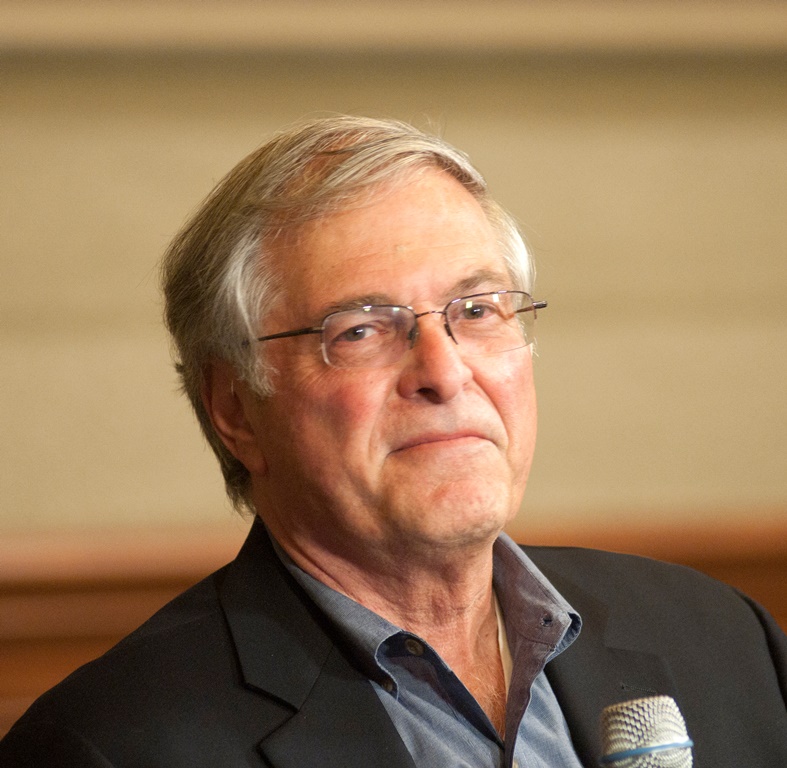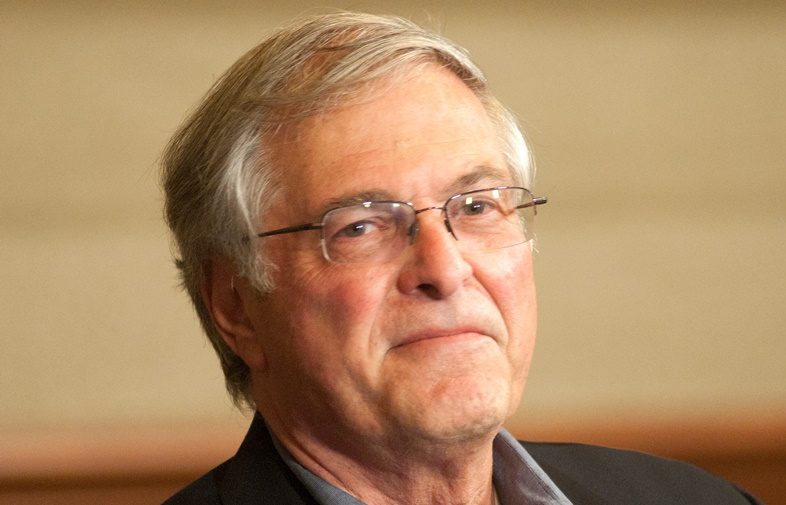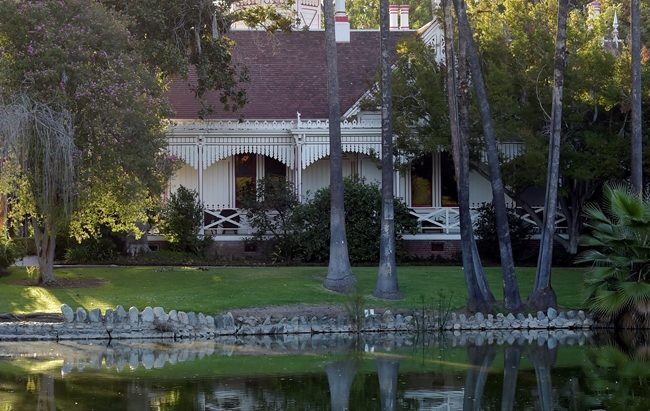
City terminates 40-year contract with coal-powered Utah plant
By Gus Herrera
At their latest regular meeting, the Pasadena City Council approved two very different types of green-related items.
First, council approved a set of commercial fees in preparation for the recently-adopted cannabis ballot measures (Measures CC and DD), which will go into full effect on Jan. 1, 2019.
The two measures, which were approved by voters on June 5, will allow and tax a limited number of cannabis retailers, cultivators, and testing labs within specific zoning areas of Pasadena.
Once the new year comes around, those interested in operating a commercial cannabis business will have 30 days to submit their bid into the city’s two-step application process.
The process will include two fees (approved by council without opposition): a commercial cannabis application fee of $13,654 and a commercial cannabis processing fee of $10,639.
The application fee is meant to help the city recover costs associated with developing the new cannabis ordinance and related regulations, while the second processing fee would only be paid by those “top-ranked” operators who successfully make it past the initial evaluation/screening.
Those who make it into the second round will then be eligible to identify business locations and seek land-use entitlements, according to city staff’s report. If successful, any permits issued would be non-transferable, would not run with the land, and the business would be required to undergo a mandatory review after nine months. Permits will also have to be renewed on an annual basis.
Staff’s report also showed that Pasadena’s fees are higher than other Southern California cities, including Long Beach, Santa Ana, and West Hollywood.
David Reyes, director of planning and community development, revealed that the higher price tag for the application fee can be attributed to cost recovery.
“We included in that review fee the time and resources that it took to actually develop the ordinance … a lot of cities didn’t do that,” explained Reyes, “it took us a long time to get this thing right and there [were] a lot of resources expended and, as allowed under state law, we are looking to recoup some of those costs. Not all of them, but some of them. That’s why we see that fee higher.”
In a very different form of green-related news, council voted to terminate a 40-year contract with the coal-fired Intermountain Power Project (IPP) plant in Delta, Utah.
The IPP is set to switch to natural gas by 2025, but, once this transition occurs, all participants will be obligated to take energy from the plant until the contract expires in 2027.
In order to avoid this commitment, the department of water and power “determined that it would be in the city’s best interest … based on several economic and environmental considerations,” to terminate the agreement.
“Analysis has clearly shown that the IPP renewal project is not an economic resource choice and it does not meet the greenhouse gas emission reduction requirements,” read staff’s report.
By terminating the contract council will help the city achieve some of its strategic planning goals, including Pasadena’s Climate Action Plan, Urban Environmental Accords, and the recently-passed SB100, which established a statewide policy goal to achieve a 100 percent carbon-free power resource supply for California by 2044.
“Although [the] shift to natural gas is an improvement over coal, from an environmental point of view, continued participation in the IPP renewal project … would be inconsistent with the goal of SB100,” concluded staff’s report.
“This is a green-letter day for those who have been urging the city to disassociate itself from IPP and fossil-fueled successors,” said Mayor Terry Tornek, “there should be hundreds of pro-environmental people in the chamber cheering this action, but we’re willing to forego that.”







